In the six months since the release of the dblp RDF dump and its persistent snapshot releases, the RDF dump has been downloaded a total of about a thousand times. We are pleased to see that the community is interested in using our semantic data in their research and beyond.
blog.dblp.org
For more than 12 years, the Microsoft Academic Search, later renamed to just Microsoft Academic and eventually to Microsoft Academic Graph (MAG), had been the software giant’s scholarly bibliographic information service.
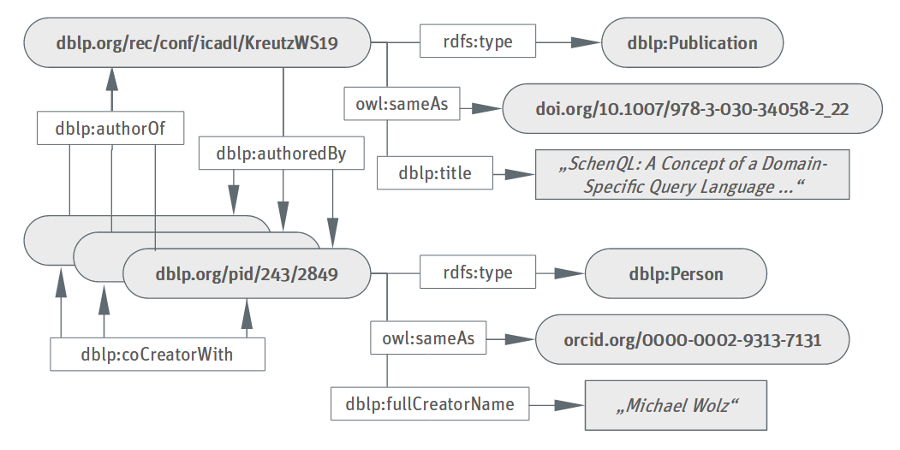
For more than 20 years, a full dump of all dblp records in our own XML format has been available as open data for download and reuse.
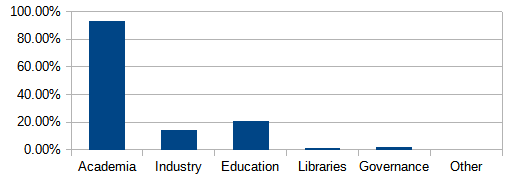
From December 2020 to January 2021, we asked you to participate in an online survey in order to help us understand how researchers are using dblp, and how dblp and its features are perceived by the public.
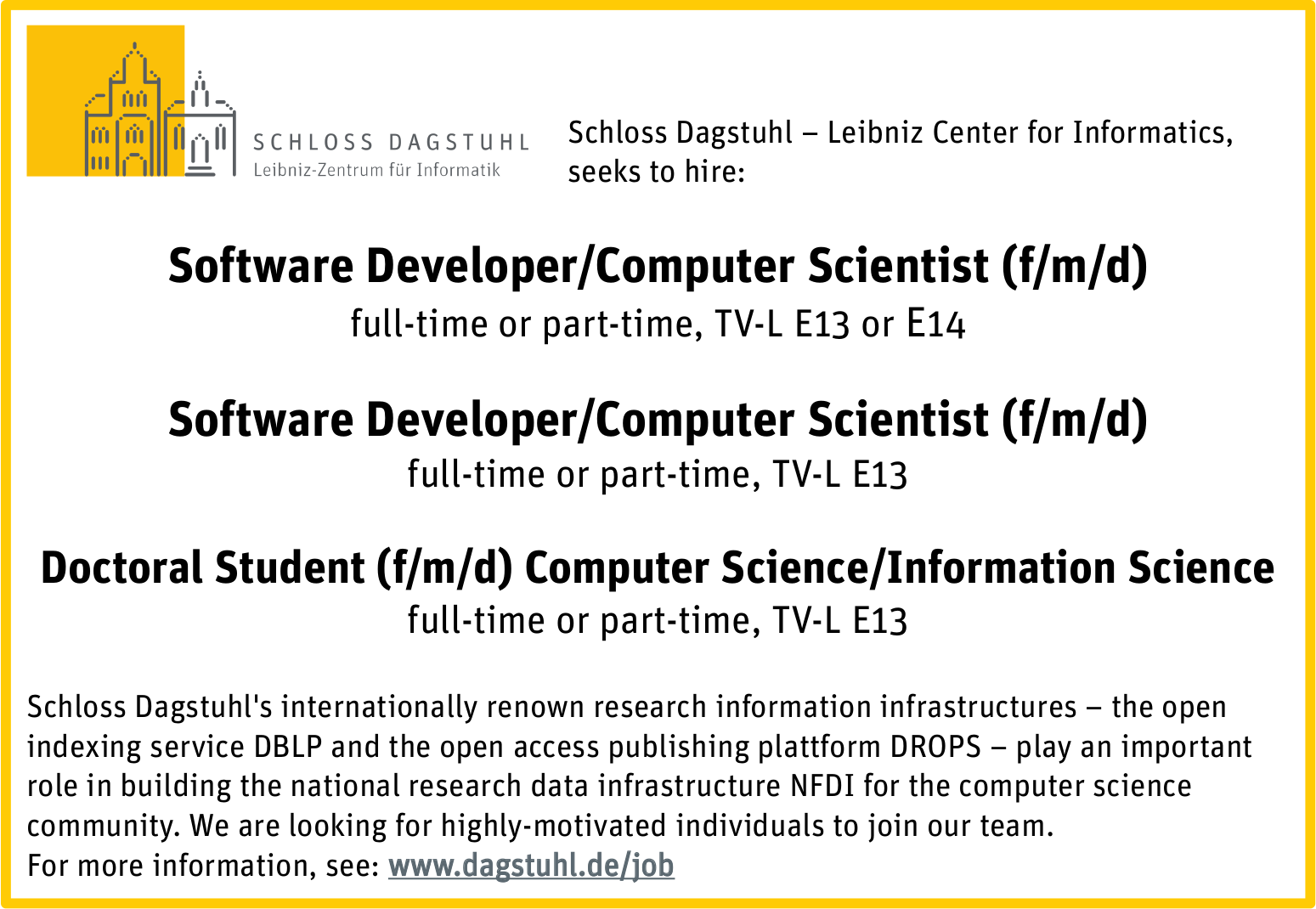
Interested in working on the world’s most comprehensive open indexing service in computer science? We are currently looking for three additional members to join the dblp team.
On July 2, 2021, the German Joint Science Conference (Gemeinsame Wissenschaftskonferenz, GWK) decided to fund the National Research Data Infrastructure (NFDI) consortium for Data Science and Artificial Intelligence (NFDI4DataScience) with an amount in the double-digit millions over a duration of five years.
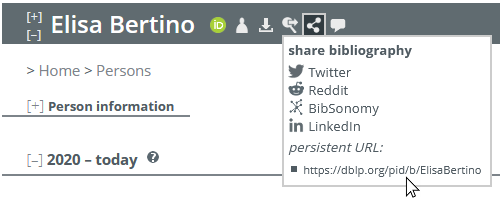
A big change has just been made to the dblp website … and, in case we did our job right, you may even haven’t noticed yet: With the latest update, we introduced major changes to the dblp URL scheme.
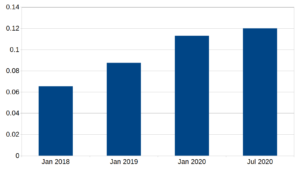
In the past, we often discussed how helpful ORCIDs are for our work. An ORCID (Open Researcher and Contributor ID) is a unique personal identifier that scientists can attach to their work.
The world’s largest computing society, the Association for Computer Machinery (ACM), has bestowed its prestigious ACM Distinguished Service Award 2019 on computer scientist Dr. Michael Ley of Schloss Dagstuhl Leibniz-Center for Informatics and of Trier University.

